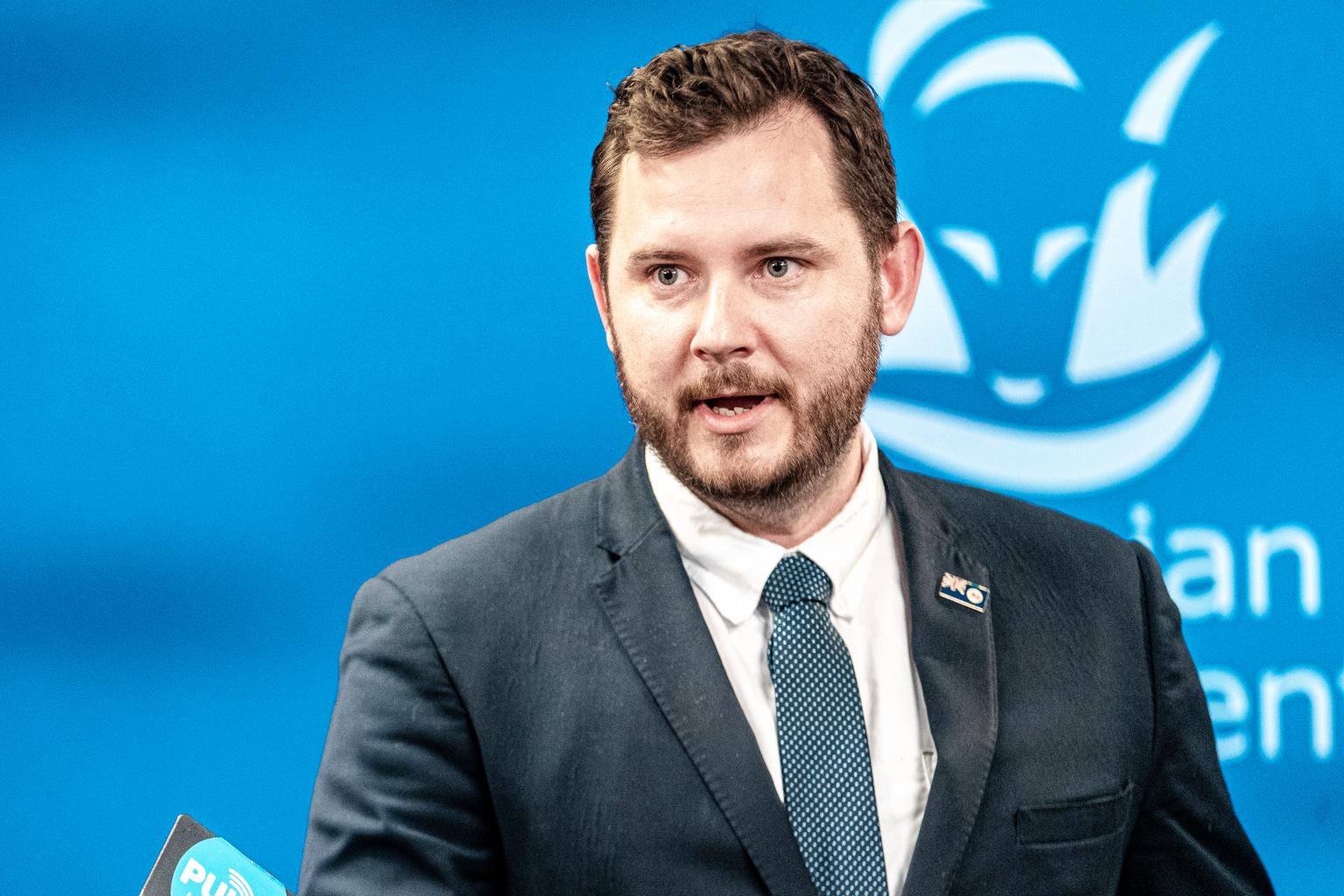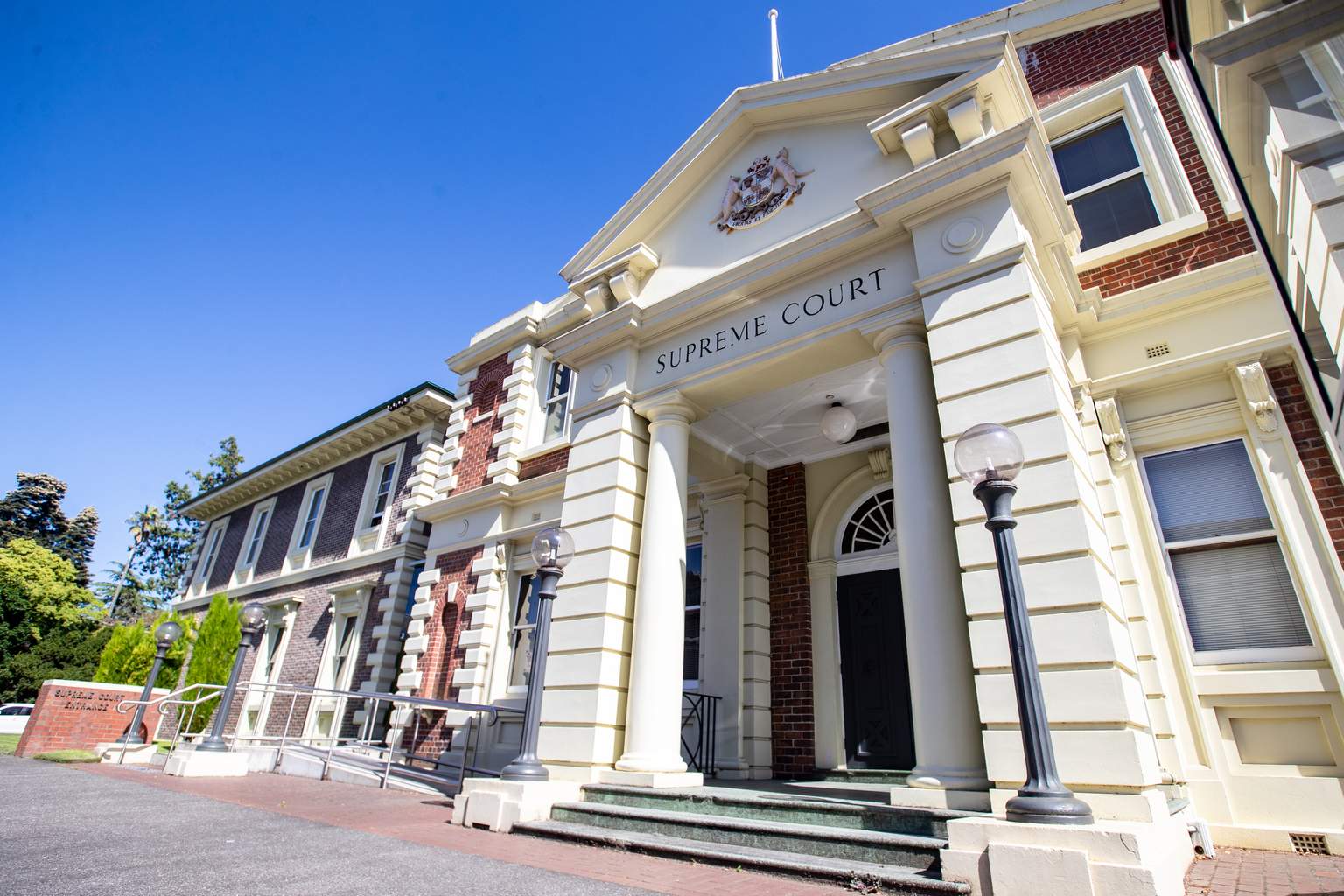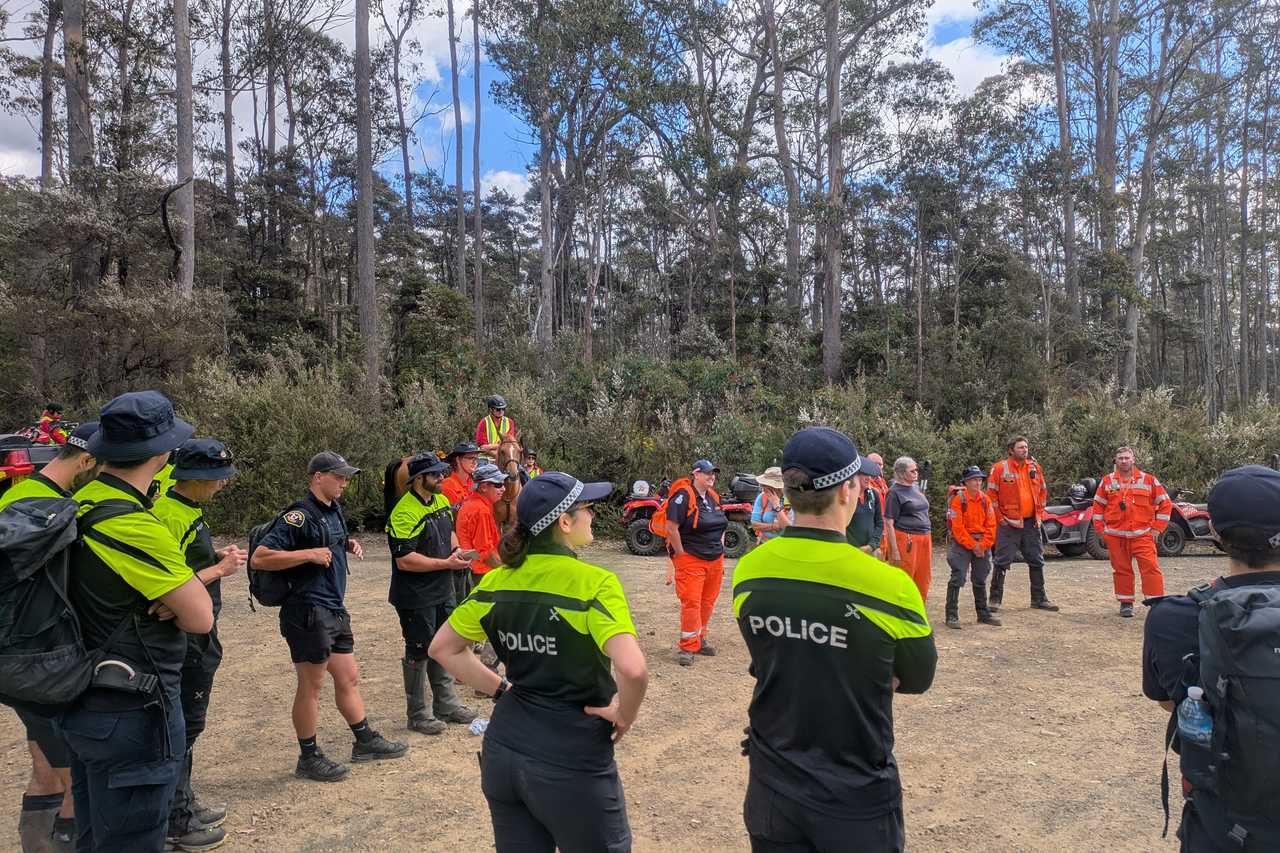12 TasTAFE courses will lose government subsidies from 2026, with fees set to jump from as little as $400 to more than $21,000.
Design, screen and media, music, fashion, visual arts, laboratory technology and meat processing will all move to commercial rates.
The median cost will climb to $11,880 and concessions will be scrapped.
Skills Minister Felix Ellis defended the changes, saying TasTAFE needs to focus on “key vocational skills like building our homes, caring for our loved ones, feeding our families”.
“There are some courses that TAFE have been doing that don’t necessarily align with those priorities,” he told ABC Radio.

“Apparel, fashion and textiles, screen and media, visual arts … aren’t necessarily delivering great student outcomes and they’re not delivering great outcomes for our economy.”
Ellis said enrolments in the affected courses were already “quite low” and students could access them through other providers.
But the Australian Education Union warned the cuts would devastate access to creative education.
“Young people, especially from regional and disadvantaged backgrounds, will not be able to afford these courses once they are only offered at commercial rates,” state manager Brian Wightman said.
“This is a devastating attack on creativity, opportunity and equity in Tasmania.”

Currently, 448 students are enrolled in arts and design courses at TasTAFE.
AEU TAFE Division President Tristan Sabol warned students would be forced interstate for training, resulting in job losses for TasTAFE staff.
“No one denies the importance of health and care, construction and energy – but this is not an either/or choice,” he said.
“A prosperous Tasmania needs both a strong caring and construction workforce and a thriving creative sector. Cutting off one to prop up the other is short-sighted and damaging.”
Labor’s shadow skills minister Brian Mitchell called Ellis’s remarks “a slap in the face” for the thousands of Tasmanians working in the creative sector.
“[He] demonstrated the Liberal government doesn’t understand the vital role that creative industries play in Tasmania’s economy,” Mitchell said.
Ellis said he was “always happy to meet with the union” but stressed the decision was final.
“It’s really about making sure that we are growing our funding but delivering it in the places that will deliver the skills for jobs and support our learners,” he said.







